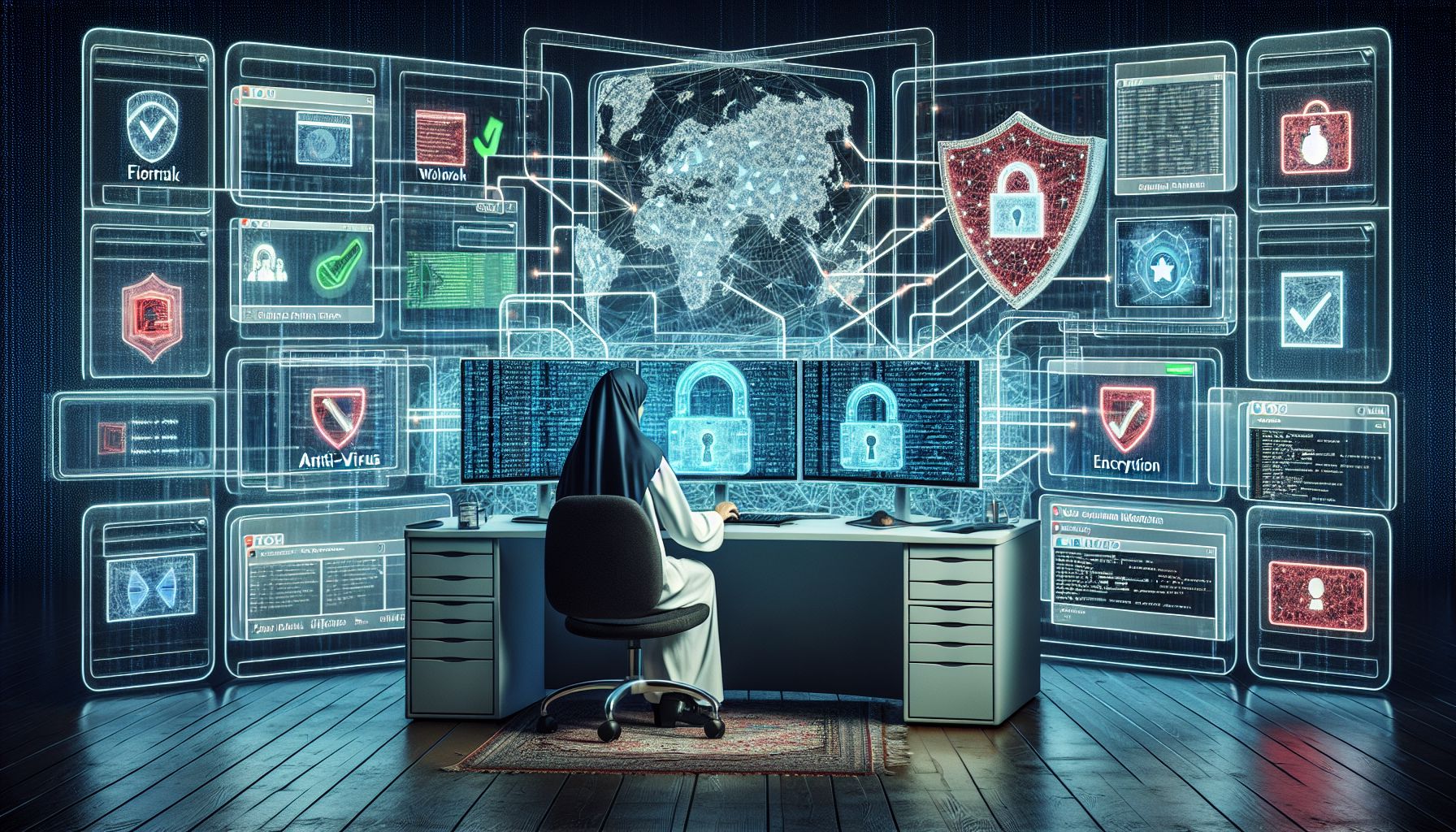Hey there fellow computer geek! If you’re like me, you probably spend a lot of time online, tinkering with your computer, coding, gaming, or just browsing the web. And while the digital world is an amazing place filled with endless possibilities, it’s also a playground for cyber criminals looking to exploit vulnerabilities and steal your personal information. That’s why it’s so important to prioritize computer security and take the necessary steps to protect yourself online.
In this post, we’ll cover some essential tips and tricks to help you stay safe in the digital realm. From strong passwords to regular software updates, we’ve got you covered. So grab your favorite energy drink, put on your hacker hoodie, and let’s dive in!
Securing Your System
One of the first things you should do to secure your computer is to make sure your operating system and software are up to date. Software updates often include important security patches that fix vulnerabilities that could be exploited by cyber attackers. Set your system to automatically install updates, or check for updates regularly to ensure you’re running the latest versions.
In addition to keeping your software updated, it’s also essential to use strong passwords to protect your accounts. Avoid using common passwords like “password123” or “123456” – get creative and mix letters, numbers, and special characters for a strong, unique password for each of your accounts. Consider using a password manager to securely store and manage your passwords.
Stay Vigilant Online
When browsing the web, be cautious of suspicious links and emails that could be phishing attempts. Phishing is a common tactic used by cyber criminals to trick users into revealing sensitive information like passwords or credit card details. If you receive an email or message from an unknown sender asking for personal information, delete it immediately or report it as spam.
It’s also a good idea to use a virtual private network (VPN) when connecting to public Wi-Fi networks. VPNs encrypt your internet traffic, protecting your data from prying eyes on unsecured networks. Many VPN services are available for free or at a low cost, making it an easy and effective way to enhance your online privacy and security.
Protect Your Data
Backing up your data regularly is another crucial step in securing your computer. In the event of a cyber attack or hardware failure, having backups of your important files ensures you won’t lose valuable information. Consider using an external hard drive, cloud storage service, or a combination of both for redundant backups.
Encrypting your sensitive data is also important to prevent unauthorized access. Many operating systems offer built-in encryption tools that allow you to secure your files and folders with strong encryption algorithms. Take advantage of these tools to add an extra layer of protection to your data.
Conclusion
Computer security is a top priority for computer geeks like us who spend a significant amount of time online. By following the tips outlined in this post, you can minimize your risk of falling victim to cyber attacks and protect your personal information from prying eyes. Remember to stay vigilant, keep your software updated, use strong passwords, and back up your data regularly to ensure your online safety.
So next time you’re hacking away at your keyboard or exploring the depths of the internet, keep these security tips in mind to stay safe and secure in the digital world. Happy computing, fellow geek!
